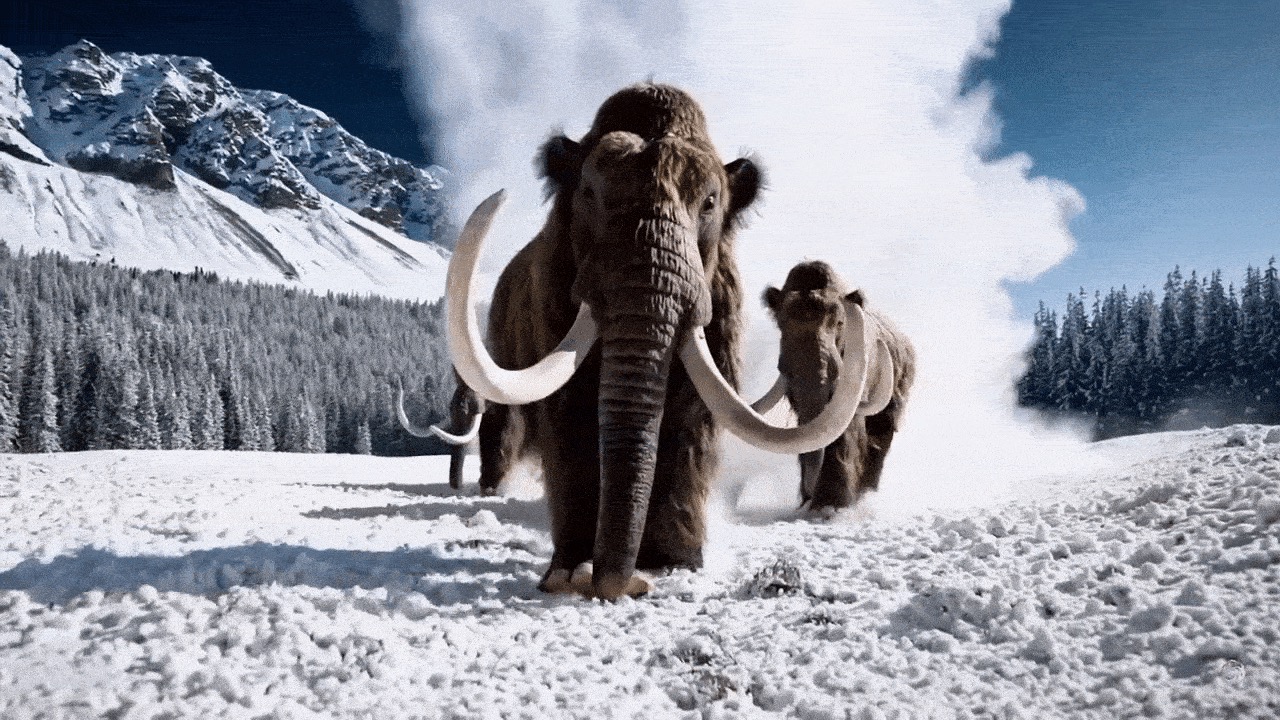[ad_1]
OpenAI releases Sora AI video-generation tool to ChatGPT Plus and Pro subscription users amidst concern over copyright, deepfakes
OpenAI on Monday released its Sora video-generation tool to users on ChatGPT Plus and Pro subscription plans, expanding the company’s move into video while retaining significant content controls.
The tool, announced in February, allows users to generate short video clips from text prompts, but until now has only been available to testers.
It competes with similar offerings from Meta, Google and Stability AI, which offers Stable Video Diffusion alongside tools for generating static images.
Video-generation tools are a sensitive field due to concerns they could be used to create harmful or misleading content.

Deepfake controls
Content creators have also criticised AI firms for allegedly training their models on copyrighted material without permission.
OpenAI aimed to address such issues with this week’s launch of Sora, for instance restricting a feature that allows a user to create a video based on a photo or video of a real person.
The company said it was taking a “particularly incremental approach” to the feature, releasing it only to a “subset” of users initially so that it can “learn from early patterns of use”.
“Given the potential for abuse, we are not initially making it available to all users,” OpenAI said.
The company also won’t allow users to share videos generated from clips or images of real people to Sora’s homepage discovery feed.
Will Peebles, a member of OpenAI’s technical staff and research lead on Sora, said during a livestreamed launch event that the company wanted to “prevent illegal activity with Sora, but we also want to balance that with creative expression”.
He said the company approached the issue of deepfakes, or harmful images and videos depicting real people, as an “ongoing challenge”.
Content moderation
OpenAI said it is using a filter to detect whether a generated video depicts someone under the age of 18 and for those would apply stricter moderation standards.
The company is attempting to fend off criticism around copyright infringement by using “prompt re-writing” to modify attempts to generate videos “in the style of a living artist”.
“There is a very long tradition in creativity of building off of other artists’ styles, but we appreciate that some creators may have concerns,” the company stated.
In May actress Scarlett Johansson said she was “shocked” at the similarity of a voice released for ChatGPT to her own voice after she declined to allow her voice to be used.
The company later removed the “Sky” voice that Johansson said was “so eerily similar” to hers.
OpenAI said the voice was not intended to be similar to Johannson’s.
[ad_2]
Source link


